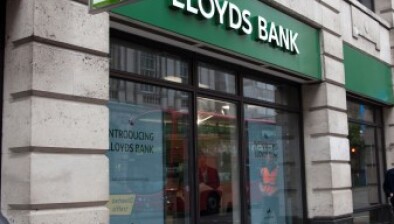BoE launches liquidity plan to ensure lenders have enough money

The Bank of England has launched its emergency liquidity scheme to make sure banks have enough cash, as it warned that immediate disruption from the pandemic could be more severe than its banking stress tests.
Underlining the risks to the financial system, the Bank of England has activated its contingent term repo facility (CTRF), an unlimited and cheap source of funding for commercial banks that need cash.
Demand for cash has grown drastically as investors have sold assets to avoid suffering from further losses. The system allows market operators to access central bank cash reserves in exchange for high quality but less liquid collateral.
The decision to launch the scheme was taken after this week’s usual “repo” facility experienced a surge in demand, with £10 billion drawn.
The Bank of England has responded by adding two CTRF auctions a week to the established weekly operation, giving lenders three opportunities to access emergency liquidity in the next seven days.
The bank said: “This step is designed to help alleviate frictions observed in money markets in recent weeks, both globally and domestically, as a result of the economic shock caused by COVID-19.”
The move is said to be precautionary rather than as a reaction to an immediate lack of sterling. The US system also experienced a dollar shortage two weeks ago as investors pulled out of the market to save money.
This new measure arrives after the bank cut rates from 0.75% to 0.1% amongst another string of schemes to mitigate the impact of COVID-19 on the economy.
Minutes from this month’s meeting of the financial polity committee have revealed that whilst the long-term impact of the COVID-19 outbreak is not expected to be as severe as the most recent annual stress test of the banking system, the disruption from the pandemic would “likely be more severe than the stress test in the first phase.”
The most recent stress tests conducted found that the “UK banking system would be resilient to deep simultaneous recessions in the UK and global economies that are more severe overall than the global financial crisis”.
However, no stress test carried out has ever assumed that much of the global economy would be brought to a halt as countries quarantine their populations to kill off a virus.
Some economists are expecting to see zero global growth this year for only the third time since 1982 and the steepest quarterly GDP fall on record for several advanced economies.
In the UK, a contraction of as much as 15% has been predicted for the three months to June alone, The Times reports.
Read all of our articles relating to COVID-19 here.








